So I have designed a couple of RPGs and even sold one of them locally for a little while. Over a year, I made enough money to buy my first Xbox nigh on 20 years ago, so I’d call that a minor success. Now I’m itching to design something a little more sophisticated, so I brushed off a system I designed about 10 years ago and am trying to tweak. I hope to chronicle my journey here on Play Every Role even if it never sees the light of day.
The game (tentatively called Born Heroes) as it was first conceived 10 years ago was a backlash to all the rules and book scouring in D&D 3.5. I set out with the idea of simply having three aspects to a character (Physical, Emotional, Mental) and having players design their own skills to fit under those umbrellas that would grow as the character leveled up. The dice mechanic was a bit clunky in that you ended up rolling ten or d6 for really powerful stuff which just felt like too much.
Theme vs. Mechanics
Since then, I’ve been listening to a lot of board game design theory podcasts and the idea of having a theme push the mechanics keeps coming up. The pinnacle in my mind is Caleb Stoke’s zombie game called Red Markets. It’s really a game of economic horror where truly everything is about finding the next pay day just to survive. Every mechanic ties beautifully into the theme of the game.
So I’ve started to think about my theme. What would cause the heroes in my game to be heroic? Having everyone and their uncle able to be an adventurer does seem odd. If we have wizards running around who can create water and good, why isn’t world hunger solved? If powerful characters are truly god-like in their abilities, why doesn’t the rest of the population worship them?
This led me to the idea that the heroes really are gods reincarnated. I really liked this, so I started with the story of the gods of good fighting the gods of evil and sacrificing themselves to protect the land of mortals. Through this sacrifice, the gods of good became mortal themselves, but they are reincarnated during times of need when the evil gods try to encroach upon the mortal world from the shadow realm where they were balanced.
This theme has taken me in lots of interesting directions that still need resolved, but I think I have the seed of good idea here. Characters now have four aspects (Physical, Mental, Emotional, and Spiritual) but the skills are simplified to cut down on the paper work. There are also related scores under the aspects like Corruption (a measure of how much the evil gods are influencing you), Faith (used to reroll when needed), and Divinity (a tracking mechanic for your journey to ascend back to godhood).
Even the leveling up mechanic I have is based on the theme. Every time a character completes a step on their Personal Calling, they receive a Godspark. At a narratively appropriate time of need, a player can turn in a Godspark to unlock a new Skill Specialization or pump up one of their Aspect scores by telling the story of how in a previous incarnation they were a master of this particular skill. All these mechanics come directly from the theme.
What I’m having trouble with are the mechanics that don’t come from the theme. For example, to keep things simple, I want players to roll a pool of d6 trying to get at least one die to be equal to or greater than some target difficulty number. More successes could mean more damage or more effective spells. I like this mechanic, but it presents two problems.
- How does it tie to the theme? Reborn deities would naturally be better than most mortals at most things, which explains the increasing dice pool. Maybe?
- How do the players differentiate themselves from one another? The way I have it set, the Aspects scores can range from 1 to 3. Would it make sense that deities can basically do anything they want but some deities are better than others at particular skills?
Anyway, I hope to have something playtest ready by the summer of 2018. We’ll see!
